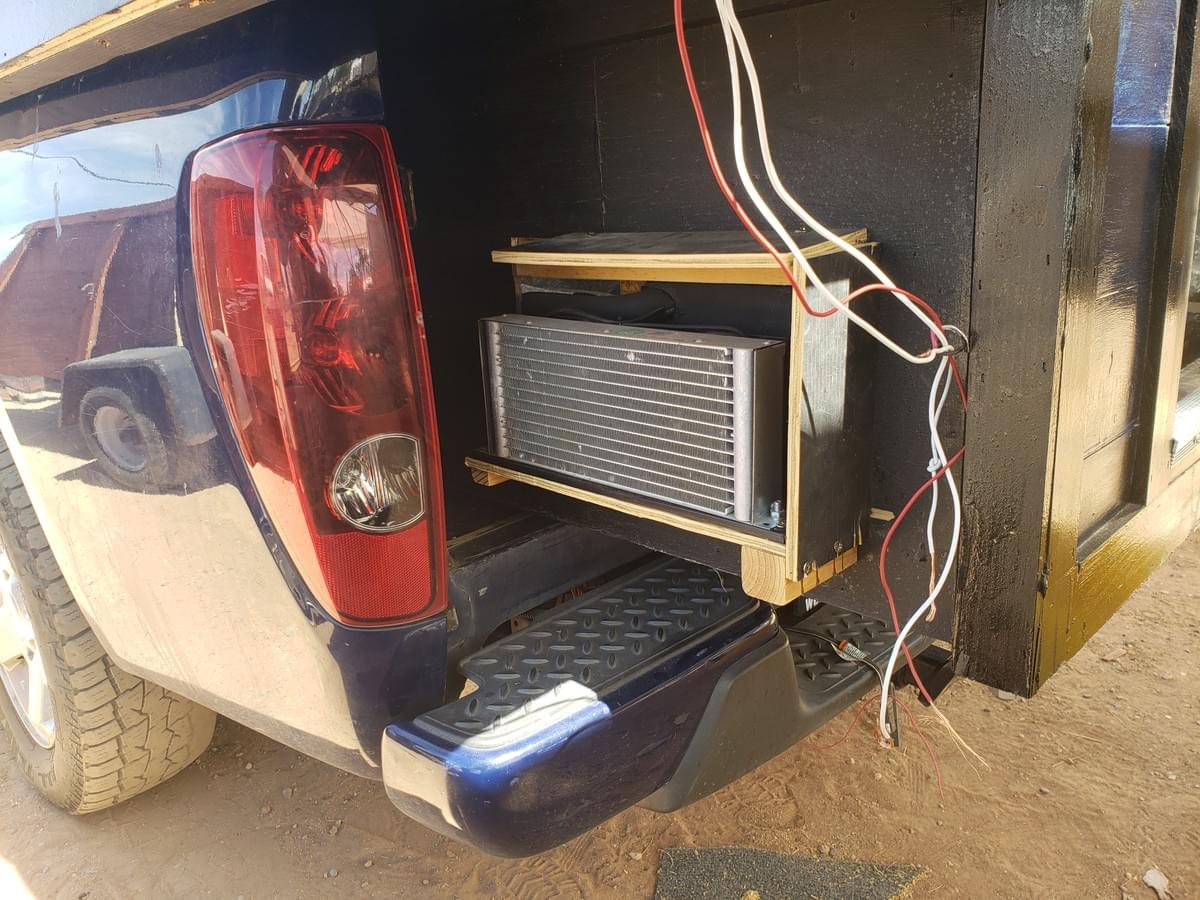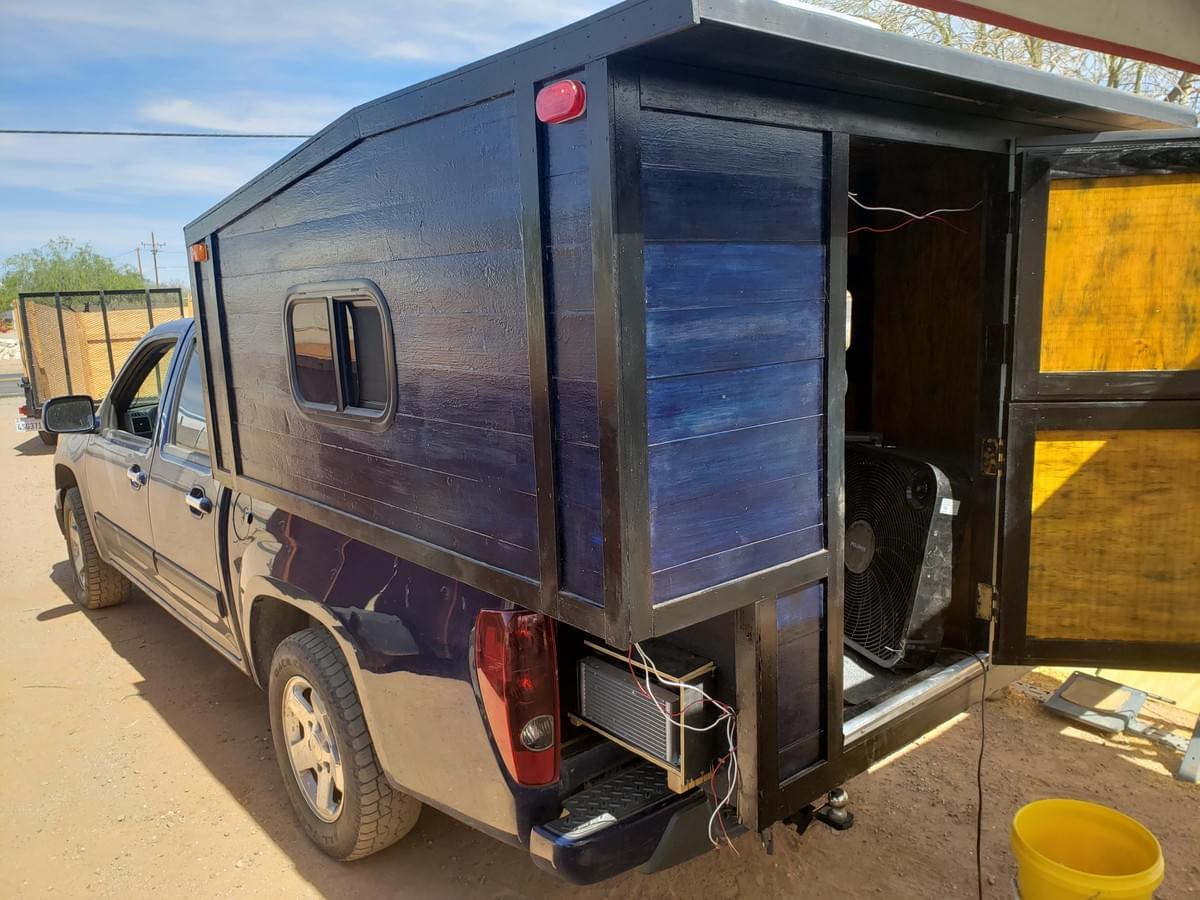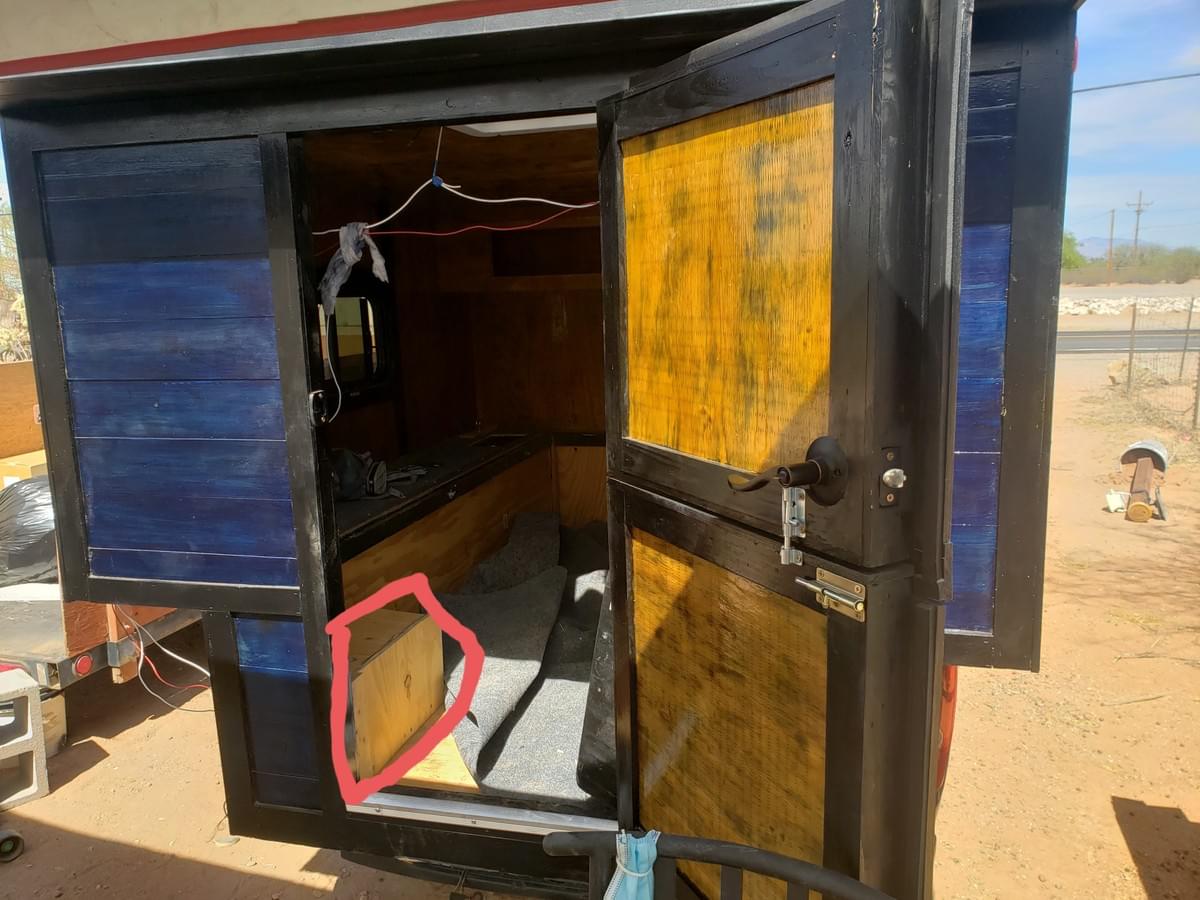Introduction
What is a HVAC Split System?
A HVAC split system is a type of heating, ventilation, and air conditioning system that consists of two main components: an indoor unit and an outdoor unit. The indoor unit contains the evaporator coil and the blower, while the outdoor unit houses the compressor and condenser coil. These two units are connected by refrigerant lines, allowing for efficient cooling or heating of a space.
Understanding HVAC Split Systems

Definition and Components of a HVAC Split System
A HVAC split system is a type of heating, ventilation, and air conditioning system that consists of two main components: an indoor unit and an outdoor unit. The indoor unit, also known as the evaporator or air handler, is responsible for circulating cool or warm air throughout the space. On the other hand, the outdoor unit, called the condenser or compressor, works to release heat or absorb it from the environment.
The indoor unit typically contains a blower fan, evaporator coil, and air filter. These components work together to cool or heat the air before distributing it into the room. The outdoor unit houses the condenser coil and compressor responsible for releasing heat collected from inside to the outside environment.
How HVAC Split Systems Work
HVAC split systems work by utilizing refrigerant to transfer heat between indoor and outdoor units. When cooling is required, refrigerant absorbs heat from inside your home through the indoor evaporator coil. The warm refrigerant then travels to the outdoor condenser where it releases heat into the atmosphere.
Conversely, when heating is needed, refrigerant absorbs heat from outside through the outdoor condenser coil and carries it indoors to be distributed through the evaporator coil.
Advantages of HVAC Split Systems
There are several advantages to using HVAC split systems in your home or office. Firstly, these systems offer flexibility in terms of installation since they don't require extensive ductwork like traditional central air conditioning systems. This makes them ideal for older buildings or spaces where ductwork installation may be difficult.
Secondly, HVAC split systems allow for zoned cooling or heating, meaning you can control different areas independently based on individual comfort preferences. This not only enhances energy efficiency but also provides personalized comfort for everyone in your space.
Lastly, split systems offer quiet operation as most of their noisy components are located outside. This ensures a peaceful and comfortable indoor environment without any disturbances.
Why Choose RIGID's Air Conditioner?
When it comes to choosing a reliable and high-quality HVAC split system, RIGID's Air Conditioner stands out as an excellent option. RIGID is a leading enterprise in miniature compressors and refrigeration systems, known for their innovative and durable products.
RIGID's Air Conditioner is ISO9001:2008 certified, guaranteeing top-notch quality and performance. With their emphasis on trust, respect, and integrity, RIGID has become a trusted name in the industry.
Installation and Maintenance of HVAC Split Systems
Preparing for HVAC Split System Installation
Before installing an HVAC split system, it is crucial to prepare the designated area properly. Ensure that the space is clear of any obstructions or debris that may hinder the installation process. Additionally, make sure to have all the necessary tools and equipment readily available.
Step-By-Step Guide to Installing a HVAC Split System
1. Begin by selecting an appropriate location for the outdoor unit, known as the mini-split condenser. It should be placed on a stable surface away from direct sunlight or excessive heat sources.
2. Next, mount the indoor unit on an interior wall in a strategic position that allows for optimal airflow throughout the room.
3. Connect the indoor and outdoor units using refrigerant lines, electrical wiring, and drainage pipes.
4. Once connected, ensure that all connections are secure and leak-free.
5. Finally, test the system to verify proper functionality before completing the installation process.
Proper Maintenance Practices for HVAC Split Systems
To maintain peak performance of your HVAC split system, follow these maintenance practices:
1. Regularly clean or replace air filters to prevent dust buildup and improve air quality.
2. Keep both indoor and outdoor units free from debris by regularly cleaning them with a soft cloth or brush.
3. Inspect refrigerant lines for leaks or damage regularly.
4. Schedule professional maintenance checks at least once a year to ensure optimal performance.
RIGID's Air Conditioner: Easy Installation and Maintenance
RIGID's Air Conditioner offers homeowners peace of mind with its easy installation process and low-maintenance design. With their expertise as a leading enterprise in miniature compressors and refrigeration systems, RIGID provides high-quality products that are ISO9001:2008 certified. Trust, respect, and integrity are at the core of their values, ensuring innovation, quality, and durability in all their offerings.
Energy Efficiency and Cost Savings with HVAC Split Systems
When it comes to HVAC systems, energy efficiency is a top priority for homeowners. HVAC split systems are known for their excellent energy efficiency, making them a popular choice for many households. These systems are designed to provide effective heating and cooling while minimizing energy consumption.
Energy Efficiency Rating for HVAC Split Systems
Energy efficiency ratings are an important factor to consider when choosing an HVAC split system. These ratings indicate how efficiently the system uses energy to heat or cool your home. The higher the rating, the more efficient the system is.
HVAC split systems, such as RIGID's Air Conditioner, boast high energy efficiency ratings. This means that they can effectively heat or cool your home while using less energy compared to other systems on the market. By choosing an HVAC split system with a high energy efficiency rating, you can reduce your carbon footprint and save money on your utility bills.
How HVAC Split Systems Reduce Energy Consumption
One of the key ways in which HVAC split systems reduce energy consumption is through their design and operation. These systems consist of two main components: an indoor unit and an outdoor unit.
The indoor unit contains the evaporator coil and air handler, which are responsible for cooling or heating the air in your home. The outdoor unit houses the compressor and condenser coil, which work together to transfer heat from inside your home to the outside.
By separating these components, HVAC split systems minimize energy loss that can occur in traditional central heating and cooling systems. This allows them to operate more efficiently and consume less energy overall.
Cost Savings of Using a HVAC Split System
Using an HVAC split system can lead to significant cost savings over time. Due to their high energy efficiency, these systems consume less electricity compared to other types of heating and cooling systems.
By reducing your energy consumption, you can lower your monthly utility bills and save money in the long run. Additionally, HVAC split systems often come with advanced features such as programmable thermostats, which allow you to customize your heating and cooling settings based on your schedule. This further enhances energy savings by ensuring that your system operates only when needed.
RIGID's Air Conditioner: Energy-efficient and Cost-effective
When it comes to energy efficiency and cost savings, RIGID's Air Conditioner stands out among other HVAC split systems. As a leading enterprise in miniature compressors and refrigeration systems, RIGID is committed to providing high-quality products that prioritize energy efficiency.
Common Issues and Troubleshooting of HVAC Split Systems
Common Issues with HVAC Split Systems
One common issue with HVAC split systems is the occurrence of refrigerant leaks. These leaks can lead to reduced cooling performance and inefficient operation. Another issue is the accumulation of dirt and debris in the air filters, which can restrict airflow and reduce the system's efficiency. Additionally, some users may experience problems with the thermostat not functioning properly, resulting in inconsistent temperature control.
Troubleshooting Tips for HVAC Split Systems
To address refrigerant leaks, it is important to hire a professional technician to locate and repair any leaks in the system. Regular maintenance checks can help identify these issues early on. Cleaning or replacing air filters regularly is essential for maintaining optimal airflow and preventing dust buildup.
If you are experiencing issues with your thermostat, try replacing its batteries or resetting it according to the manufacturer's instructions. If these troubleshooting steps do not resolve the problem, it is advisable to seek professional assistance.
RIGID's Air Conditioner: Reliable Performance and Durability
When it comes to reliable performance and durability, RIGID's Air Conditioner stands out among its competitors in the market. As a leading enterprise in miniature compressors and refrigeration systems, RIGID offers high-quality products that are ISO9001:2008 certified.
RIGID values trust, respect, and integrity in their business practices while prioritizing innovation, quality, and durability in their products. With RIGID's Air Conditioner, homeowners can enjoy efficient cooling without worrying about common issues often associated with HVAC split systems.
Choosing the Right HVAC Split System for Your Needs
When it comes to selecting the perfect HVAC split system for your needs, there are several factors to consider. These factors will help ensure that you choose a system that not only meets your requirements but also provides optimal performance and efficiency.
Factors to Consider When Choosing a HVAC Split System
1. Energy Efficiency: One of the most important factors to consider is the energy efficiency of the split system. Look for systems with high SEER (Seasonal Energy Efficiency Ratio) ratings, as they consume less energy and can help reduce your electricity bills.
2. Cooling and Heating Capacity: Assessing the cooling and heating capacity required for your space is crucial. Consider factors such as room size, insulation, ceiling height, number of occupants, and climate conditions in your area. This will ensure that you choose a split system that can effectively cool or heat your space.
3. Noise Levels: Nobody wants a noisy air conditioner disrupting their peace and quiet. Look for split systems that have low noise levels, especially if you plan to install them in bedrooms or living areas where noise can be an issue.
4. Durability and Reliability: Investing in a durable and reliable split system is essential for long-term performance. Choose reputable brands known for their quality products and excellent customer reviews.
Selecting the Right Features and Technology
Different HVAC split systems come with various features and technologies that can enhance comfort and convenience. Consider the following when selecting the right features:
1. Programmable Thermostats: These allow you to set temperature schedules, saving energy when you're away from home.
2. Wi-Fi Connectivity: With this feature, you can control your split system remotely using a smartphone app, providing convenience and flexibility.
3. Air Purification Systems: If you have allergies or respiratory issues, consider a split system with built-in air purification technology to improve indoor air quality.
RIGID's Air Conditioner: High-Quality and Innovative Solutions
When it comes to high-quality and innovative HVAC split systems, RIGID's Air Conditioner stands out from the competition. As a leading enterprise in miniature compressors and refrigeration systems, RIGID is known for its commitment to excellence.
RIGID's Air Conditioner offers superior performance, durability, and energy efficiency. With ISO9001:2008 certification, you can trust that their products meet stringent quality standards.
Whether you need cooling or heating solutions for your home or office space, RIGID's Air Conditioner provides reliable performance while prioritizing innovation and durability.
Conclusion
Recap of Key Points
Throughout this article, we have explored the concept of HVAC split systems and their importance in maintaining a comfortable indoor environment. We have discussed the benefits of using these systems, such as improved energy efficiency and cost savings. Additionally, we have highlighted RIGID's Air Conditioner as a trusted brand in the industry.
Benefits of HVAC Split Systems and RIGID's Air Conditioner
HVAC split systems offer several advantages over traditional heating and cooling systems. They provide efficient temperature control for individual rooms or zones, allowing for personalized comfort settings. Additionally, these systems reduce energy consumption, leading to cost savings on utility bills.
RIGID's Air Conditioner stands out as a leading enterprise in miniature compressors and refrigeration systems. Their high-quality products are ISO9001:2008 certified, ensuring reliability and durability. With a focus on innovation, RIGID offers cutting-edge solutions for all your HVAC needs.
Importance of Professional Installation and Maintenance
Proper installation and maintenance are crucial for the optimal performance of HVAC split systems. It is essential to hire professionals who have expertise in handling these complex systems to ensure they are installed correctly.
Regular maintenance practices such as cleaning filters, inspecting coils, and checking refrigerant levels help prolong the lifespan of your HVAC system. By investing in professional installation and maintenance services, you can avoid costly repairs down the line.
Final Thoughts on HVAC Split Systems
HVAC split systems provide an efficient solution for heating and cooling homes or individual spaces. With their ability to reduce energy consumption and offer personalized comfort, they are a smart choice for homeowners.
RIGID's Air Conditioner offers reliable performance and durability, making them a trusted brand in the industry. Their commitment to innovation and quality ensures that you receive the best HVAC solutions for your needs.


